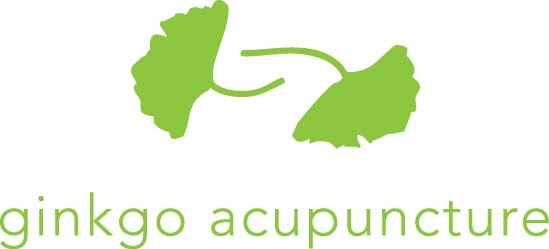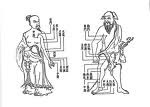
In Traditional Chinese Medicine, the body, mind and spirit are treated as one, with each aspect influencing the other and organizing uniquely in each individual. Each energy channel in the body corresponds with a particular emotion. Emotional distress consequently effects the physical body, and physical injury can induce emotional instability. This is seen as a web of interaction, rather than a linear cause and effect.
We have all experienced grief at some point in our lives. Whether it's the loss of a loved one, a failed relationship, or the death of a cherished pet, experiencing grief is part of the human condition. Emotions are natural, and when expressed freely, will not cause lasting damage. They are meant to come and go like like the ebb and flow of waves. It's when we internalize emotions, or get stuck in a repetitive pattern, that we have the potential to create imbalance, or dis-ease.
Grief is related to the Lungs in Chinese medicine. Grief is said to "comsume the qi." When we experience prolonged, intense grief or sadness, eventually we may have corresponding physical symptoms. In Chinese medicine, the Lungs are responsible for breathing and transforming the breath into qi, or energy, that circulates in the body. Along with the Kidneys, the Lungs are responsible for water metabolism, and are intimately linked to the immune system. The Lungs regulate sweating and moisten the skin. Physical symptoms of disharmony in the Lungs would include shortness of breath, asthma, allergies, sweating, fatigue, coughing, frequent colds/flu and dry skin.
Grieving is a necessary process, with stages that gradually allow the body, mind and spirit to let go and return to a state of joyfulness. This process is personal and multi-layered. There are many valuable services that assist those in the grieving process. Because Traditional Chinese Medicine is holistic in its approach to emotions, acupuncture can be utilized as one unique tool in the grieving process, by stimulating points that strengthen the Lung channel and calm the mind, it can help ease the path to renewed joy.























